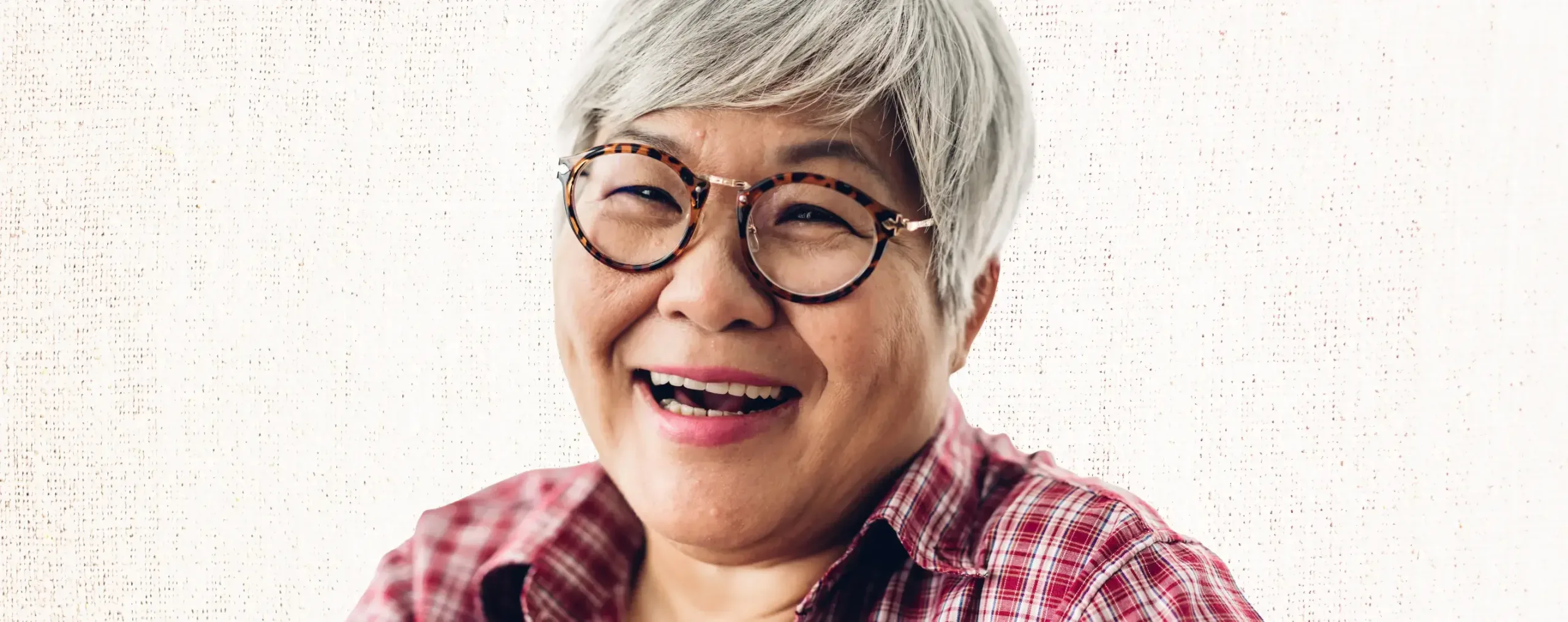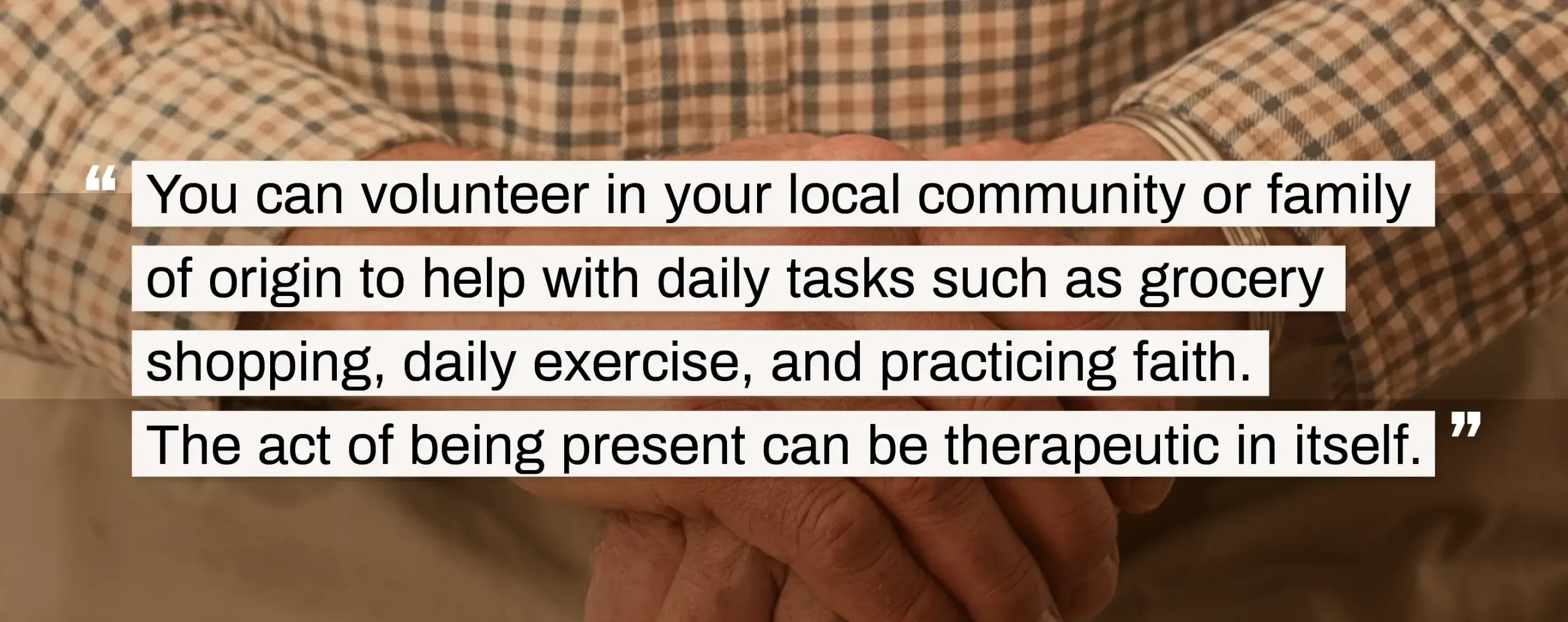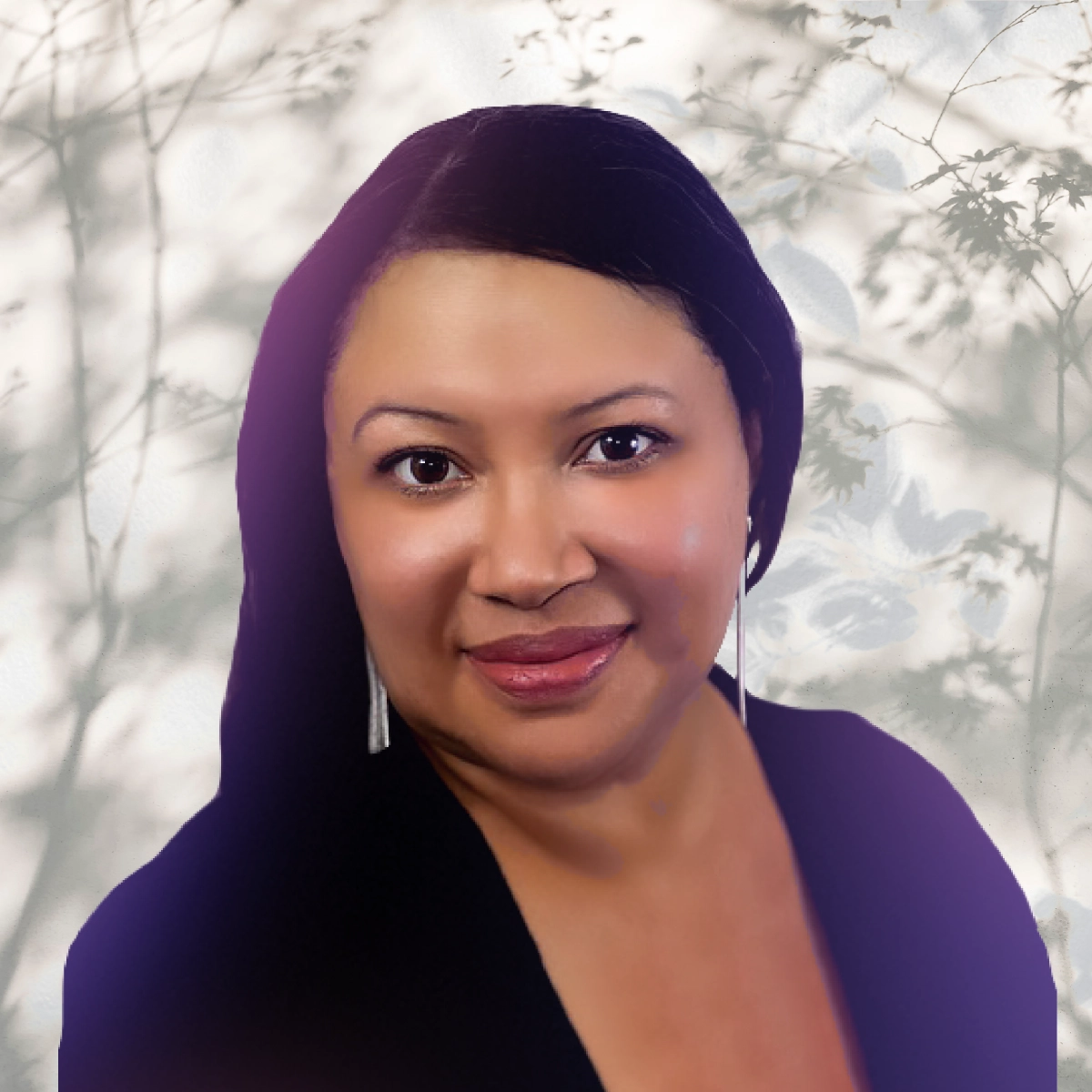Xiaochuan (Sharon) Wang is an assistant professor at the University of Central Florida’s School of Social Work. She researches the lived experiences of the Asian American elderly community and the mental healthcare disparities faced. According to Wang, elderly Asian Americans only use mental health services nearly two-thirds less than the white population, partly due to filial piety–traditional reliance on family and nothing outside of their family–and strict adherence to Asian cultural values, thus stigmatizing mental wellness. But on a much larger, less talked about scale, the underuse of mental health services by elderly Asian Americans is also due to health providers’ inability to cater to cultural needs: from translation, and transportation, to education on the importance of mental health. To address these issues, Wang suggests using other, more non-stigmatizing methods in providing mental healthcare. With the recent rise of violence against elderly Asian Americans, the need for mental health services couldn’t be more prevalent.
For a generation of immigrants who started a new life in America, the act of assimilation–the process in which a minority group comes to resemble a society’s majority group by assuming its values and behaviors–has always played a key role in survival. Along the way, the fear of cultural erasure is bound to emerge. Maintaining a sense of pride during this process can be considered a coping mechanism. However, it may get in the way of seeking mental health services or believing that such services are needed.

Comedian Hasan Minhaj talks in his standup about the Hindu phrase, “Log kya kahenge?” which means, “What will people think?” A common question asked in Indian culture; it simultaneously boasts successes and covers bruises. It is easier said than done to suggest shaking off one’s pride and doubling down on humility. Yet, like a sheet of ice, a thick layer of pride is tough to get through.
Many second-generation Asian Americans have observed their elderly family members’ concerns over “saving face” when it comes to seeking aid. Asian culture has always upheld a robust honor system for the external appearance of their family. So much that anything self-care-related correlates to self-interest. Perfection, to them, has been the only allowable public perception. Any sign of struggle or pain was something to sweep underneath the beautifully woven rug of pride. The protection of dignity goes back to centuries of perseverance through colonization, wars, and all erasure attempts. The choice to adhere to the traditions of their culture seems all that is left of cultural preservation.

So what is the best way that we, as a younger generation, can help our Asian American elderly community’s mental health? The first step is to understand and respect their choice to remain proud. We cannot take away any more layers of what’s rightfully theirs, but we can use our (the younger generation’s) strong audacity for equality as a tool to uphold them. In the many ways we partake in decolonization–achieving Indigenous sovereignty through “cultural, psychological, and economic freedom”–as peaceful activism for a brighter future, we can do the same to preserve and honor our past.
Volunteering
There are many ways to volunteer to provide aid to elderly Asian Americans. Compassion for Oakland is a resource of chaperones for anyone in Oakland, California’s Chinatown neighborhood to help feel safer. If you are not located in the Bay Area, you can find or begin a local chapter to continue this act of kindness. You can volunteer in your local community or family of origin to help with daily tasks such as grocery shopping. The act of being present can be therapeutic.
Making Use of Multilingualism
Sometimes elderly multilingual people lose grasp of one of their languages, making the day-to-day more challenging. If you are fluent in an elderly Asian American’s native language, there’s no better time to consider becoming a foreign language interpreter. Younger multilingual people can make their secondary languages helpful to older adults simply by translating, assisting them during errands, or conducting essential conversations. In addition, you get to converse with them and maybe even learn amazing stories from the past. Even if you are not multilingual, taking an online course or downloading an app to learn your native tongue can be a great way to connect with your culture. Bringing newly discovered words to elderly members of your neighborhood or apartment building can help establish rapport and boost their morale.
Making Moves to Make Change
In general, our mental health needs increase with age; physical and emotional exhaustion compounds over time for all humans. American health care facilities are not adequate for the needs of the Asian community. According to Wang, “If mental healthcare providers can offer culturally-based services to minority communities like the elderly Asian American population, there is a greater opportunity to destigmatize the beliefs surrounding mental illnesses.” Writing and starting petitions addressed to public health officials about the need for culturally-based services can make a single letter snowball into a significant impact.





